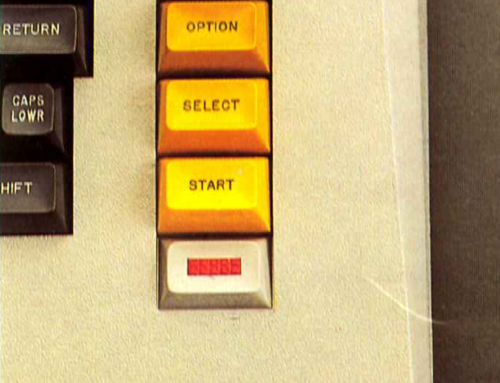For anyone walking the path towards becoming conscious and carefree, there comes a time when we need to look at our habits. Because, here’s the thing: of all the ways we react and interact, habits are among our most unconscious behaviours. They’re our default settings, our unexamined tendencies, our go-to patterns. They’re the ways we behave without thinking.
It’s worth noting that this doesn’t make them “bad”. Some habits, in fact, can be quite supportive. It’s just that there’s no way for us to differentiate between those that support us and those that undermine us until we take the time to examine the habits we hold.
Make it a game
At a get-together with friends a few years ago, we actually turned this process into a game. Each of us shared a funny habit that we’d become aware of when someone else pointed it out to us. One of the girls told of how her husband laughed whenever she brushed her teeth because she habitually tapped her toothbrush against the sink three times, every time. Someone else explained how she habitually rearranged the items on her shelves to display “just so” whenever they were moved about—prompting her husband to occasionally move them about just to watch her rearrange them :).
By and large, these types of habits are simply harmless rituals that sooth us in some way. But that’s not true of all habits. If you habitually choose to sooth yourself by smoking a cigarette, you don’t need me to tell you it’s a harmful choice. If you habitually overeat, or drink alcohol, or even slouch, you’re creating patterns that may affect your health. If you spend all your free time online, on social media, or in front of the TV, you’re losing time you can use for more valuable activities—like exercise, or self-reflection, or reconnecting with your friends and family. If you have a habit of procrastinating, or daydreaming, or—on the opposite end—refusing to delegate, you’re messing with your productivity.
When habits collide
Unexamined habits can also affect your relationships—especially when they collide. Let’s say, for example, that when you get into an argument with someone, your habit is to walk away in the middle of the argument to prevent it from turning into a fight. You might think that’s a good habit—one that allows you both to calm down and reconvene at a later point when you can discuss the issue more rationally.
But what happens if the person you’re arguing with is in the habit of hashing out an issue until it’s resolved, and perceives walking away as an insult because it implies you’re not willing to do what it takes to work through the problem? If that’s the case, you’re suddenly going to have two issues to deal with: the one that sparked the underlying argument and the one that arose because you both hold different habits around conflict resolution.
Or let’s say one partner in a relationship is in the habit of sharing a lot of personal issues with their friends as a way to build trust, while the other partner believes this type of sharing betrays information that should remain secret. Or one of you believes strongly in saving every penny to prepare for the future, while the other believes money should be enjoyed in the present.
Bringing our habits into the light
There are literally countless ways our habits may not align with those of the people closest to us. Unless we bring them into the light, they have the potential to spark conflict. By becoming aware of them, however, and sharing them with others, we can avoid misunderstandings—and even create new habits together that support greater harmony and probably make more sense anyway because we’re adopting them consciously.
Ultimately, this is the essence of consciousness: being willing to look at the unexplored areas of our psyches and shine a light into all the dark recesses that we’re hiding from others and ourselves. By habitually examining our unconscious behaviours, we gain the opportunity to break behaviour patterns that aren’t supporting us and ultimately change for the better. Now, that’s a habit I can get behind.





Leave A Comment